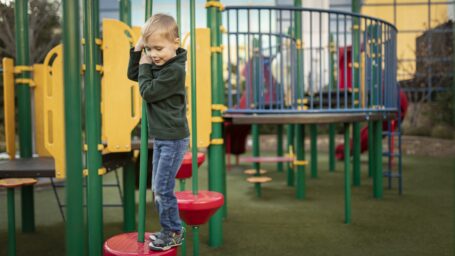What is ADHD
ADHD (Attention-Deficit/Hyperactivity Disorder) is a neurodevelopmental condition that affects a person’s ability to focus, control impulses, and regulate behavior. It commonly begins in childhood but can persist into adulthood. People with ADHD often experience challenges in school, work, and relationships due to difficulties in attention, hyperactivity, and impulsivity.
Three Types of ADHD

Inattentive
Those with inattentive ADHD may have difficulties with attention and focus rather than hyperactivity or impulsivity. They may seem daydreamy, disorganized, or easily distracted.

Hyperactive
Those with hyperactivity tend to have excessive activity, restlessness, and impulsive behaviors.

Combination
This a mix of the inattentive and hyperactive types.
What are some signs of ADHD?
If you have ADHD, you may:
- Struggle to focus. You might find it hard to:
- Pay attention
- Follow directions
- Listen when someone speaks to you
- Keep up with things, such as your homework or your classes
- Remember things
- Be more active or act without thinking. You might:
- Fidget, tap, or move around a lot
- Talk a lot, even when others are speaking
- Get up or move when it is not the right time
- Find it hard to wait for your turn
- Find it hard to play calmly
How Do I Know If I Have an ADHD?
If you think you might be suffering from ADHD you should visit a primary care doctor or therapist; however, you can start by taking a free ADHD screener.
How can therapy help with my ADHD?
Some therapy helps you change how you act. This is called behavior modification. You, as parent, might learn skills to help deal with child’s your ADHD.
What changes can I make in my daily life to help with my ADHD?
You can reduce the impact of ADHD in your life when you make changes such as:

Do something to relax
This can include learning breathing exercises, reading in a quiet place, and yoga.

Be more active
This could include going for a walk with a friend, dancing to your favorite music, or joining a club.

Eat in a Healthy Way
Eat around the same time, eat a good variety of energy-giving foods, and eat enough to feel full but not overfull.

Keep a Sleep Routine
Turn off screens before bed, do an activity that makes you feel calm, go to sleep, and wake up around the same time.

Get Help at School
Most schools offer an individualized plan for students often called a ‘504’ or ‘IEP’.
Learn how to build skills to improve mental wellness
